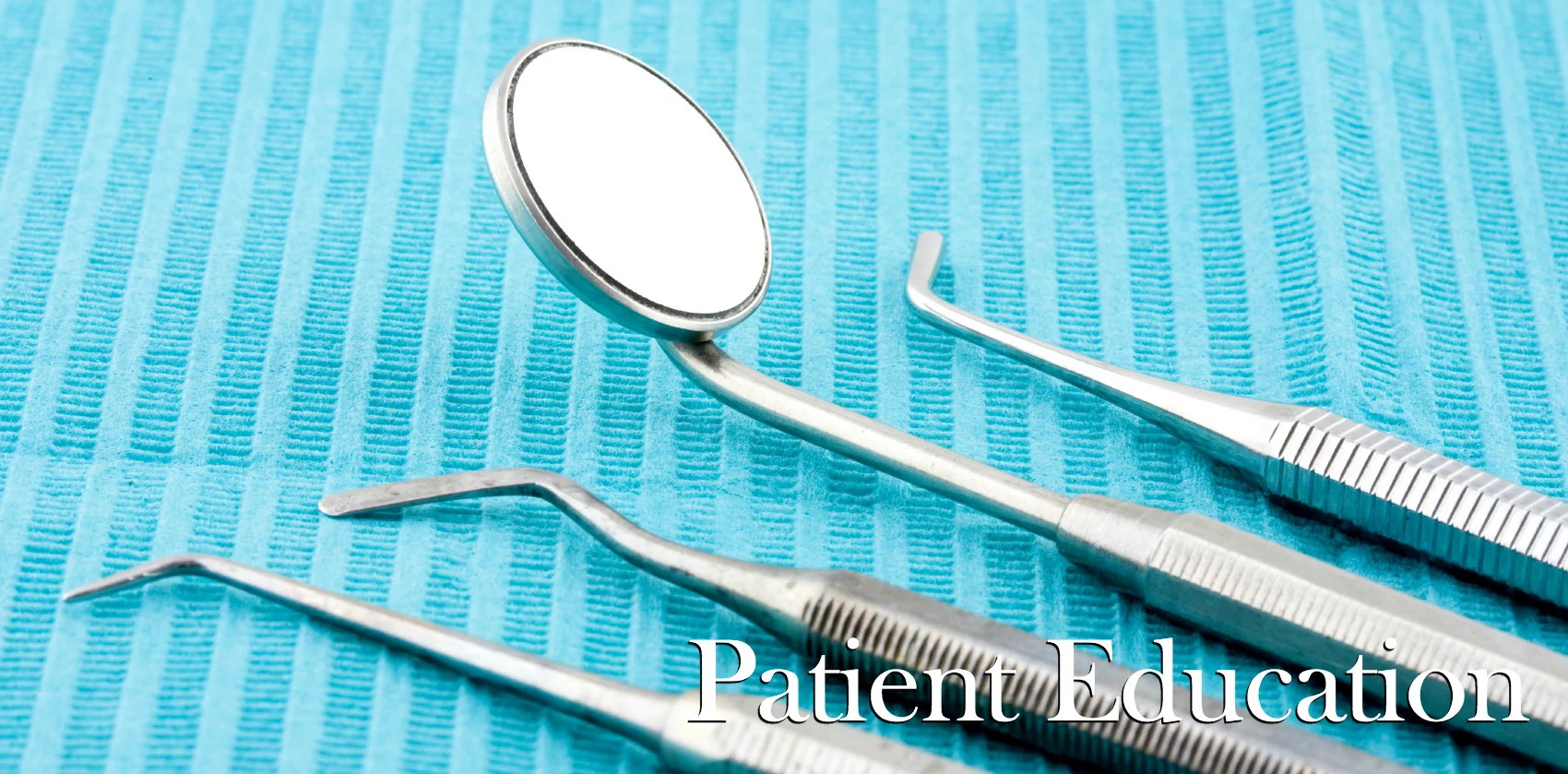With Halloween around the corner, we would like to take a moment to remind kids of all ages about the tooth decay process. While those sugary treats might make you happy now, they can cause a lot of problems if you aren't careful. Like many things in life, moderation is key to keeping your teeth protected from bacteria and cavities.
The biggest point in understanding cavities is that duration, not amount, of sugar consumed is the main factor in the tooth decay process. Every time we eat or drink anything other than water, our mouth drops into an acidic state for the next hour. With this in mind, someone who snacks on candy all day will spend 24 hours bathing their teeth in acid and fueling bacteria with carbohydrates. If that same person ate the same amount of candy after a single meal, there would be a much less drastic effect on the teeth.
Furthermore, it is important to remember that all carbohydrates can contribute to enamel demineralization and decay. Even foods that aren't necessarily sweet like goldfish crackers and pretzels are harmful to the teeth. Additionally, naturally sweetened or organic foods like fruits cause decay all the same as processed sugars. In fact, raisins are one of the most tooth-harmful snacks, due to their high sugar content, dryness and ability to stick to dental enamel.
What can you do to prevent tooth decay? For starters, limit snacking and candy consumption to set times or pair them with scheduled meals. Do not let yourself graze on sweet food all day or take multiple hours to finish food. Additionally, rinsing your mouth out with water after eating sweets is an easy way to clear the carbohydrates from your teeth and limit their contact. Finally, brushing twice a day with fluoride toothpaste and flossing daily is the gold standard in preventing dental diseases. If you have other questions about tooth decay, candy or tooth healthy snacks, please give our office a call!





